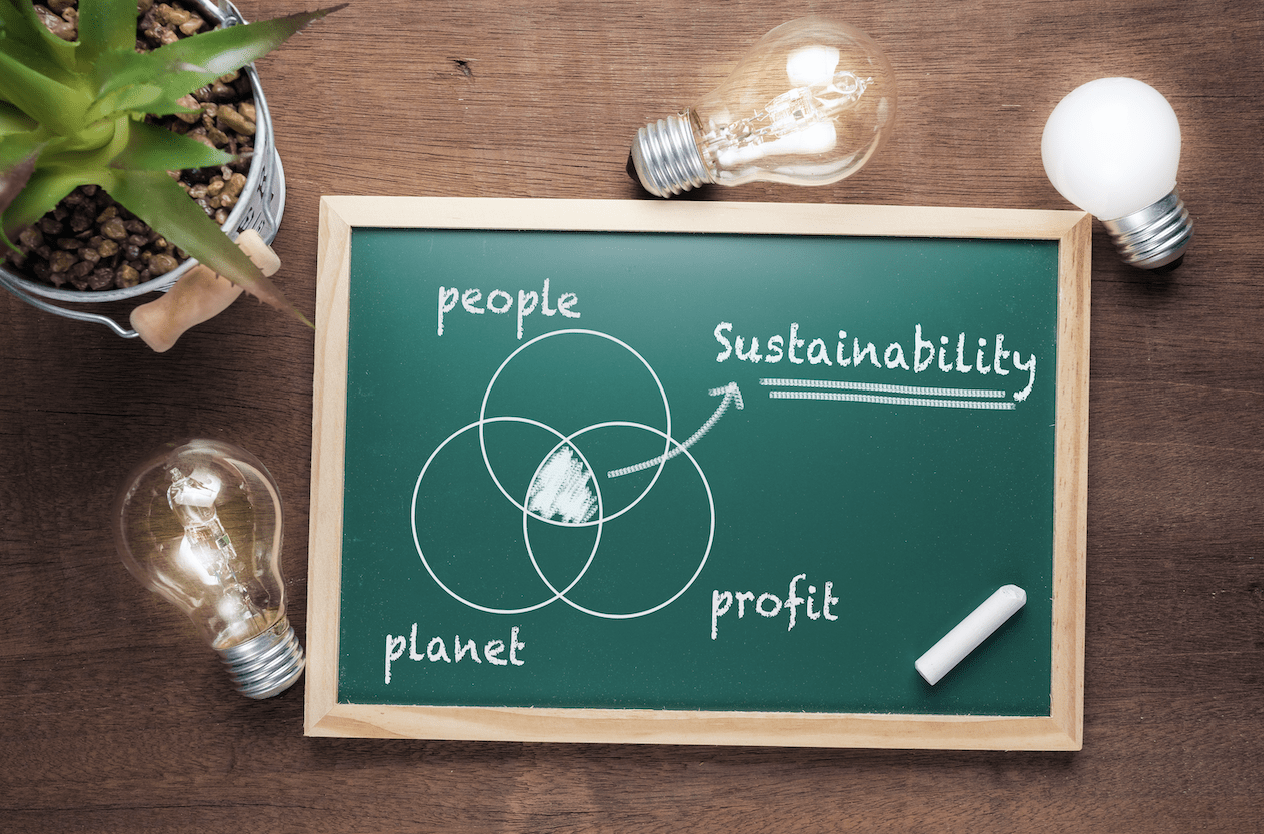Sustainability matters to consumers during COVID-19
by ajones | Oct 28, 2020 | Sustainability, Blog | No Comments

COVID-19 continues to alter much of the world’s physical way of life. Therefore, it is not surprising that it has impacted attitudes as well. People have fewer places to go and perhaps less money to spend, so they are more methodical about the clothing they choose to purchase. Sustainability remains an important part of their decision-making.
Changes in practices
Consumers have experienced shortages and shipping delays this year, consequently they are more aware of global supply chain importance. They have also observed the economic fallout of COVID-19 on numerous industries. Realizing that a company may not survive motivates consumers to consider their purchasing power, and companies are paying attention.
Consumers are purchasing less clothing during this time, but they continue to shop. However, this is rarely done in a brick-and-mortar store, as more consumers have moved to purchasing solely online. They are trying brands that are new to them, as well as subscription services. Even in this different setting, consumers’ priorities are clear. Lyst’s 2020 Conscious Fashion Report states that since the start of 2020, the company found a 37% increase in searches using keywords related to sustainability (Lyst, 2020). With most shopping happening online, keywords are more telling than ever.
Changes in attitudes
Fashion and textile industry leaders believe that consumers drive the focus on sustainability more than any other influence, including retailers, activists, and governments (The Economist Intelligence Unit, 2020). Moreover, it appears that this focus will remain. Method Research surveyed 2,000 adults in the U.S., finding that 85% of respondents believe they have considered sustainability about the same or more since the pandemic started (Chua, 2020).
Along with considering materials and production practices, consumers feeling eco-anxiety are also aware of the impact that increased online ordering has on the environment. CGS’s 2020 Retail and Sustainability Survey of more than 2,000 people found that 46% of U.S. shoppers think about whether or not a retailer uses eco-friendly packaging before making a purchase (Nishimura, 2020).
It is important to acknowledge that what is sustainable varies by region, age, and gender. Even so, consumers are willing to spend in support of their values. CGS’s survey found that of the respondents, 56% in the U.S. and 59% in the U.K. would pay more for a sustainable product (CGS, 2020).
Changes ahead for sustainability in the industry
As industry leaders listen to consumers, they will need to embrace changes in practice and in attitude. Such changes will show consumers that companies are dedicated to delivering quality products through a sustainable, ethical process.
References
CGS. (2020). CGS 2020 retail and sustainability survey [infographic]. CGS. https://www.cgsinc.com/en/resources/survey-reveals-sustainability-shopping-preferences
Chua, J. M. (2020, July 29). Covid hasn’t dampened consumer appetite for sustainability, survey says. Sourcing Journal. https://sourcingjournal.com/topics/sustainability/genomatica-coronavirus-american-consumers-sustainability-environment-223652/
Lyst. (2020). 2020 Conscious fashion report. https://www.lyst.com/data/2020-conscious-fashion-report/
Nishimura, K. (2020, July 15). Shoppers say they’ll pay for Sustainability—But fast fashion is slow to go eco. Sourcing Journal. https://sourcingjournal.com/topics/sustainability/sustainable-fashion-survey-cgs-lectra-retviews-fast-fashion-organic-cotton-221286/
The Economist Intelligence Unit. (2020). Is sustainability in fashion? U.S. Cotton Trust Protocol. https://trustuscotton.org/wp-content/uploads/2020/10/Is-sustainability-in-fashion_Industry-leaders-share-their-views.pdf

The impact of switching to reusable bags
The Centre for Biological Diversity found that globally consumers use trillions of plastic bags per...

Why Brands Should Align Products With Consumer Sustainability Expectations
A recent First Insight study found just how much of a disconnect there is between consumers’...

Understanding Greenwashing: How To Spot It
What is Greenwashing? Greenwashing is false and misleading marketing techniques used by brands or...


